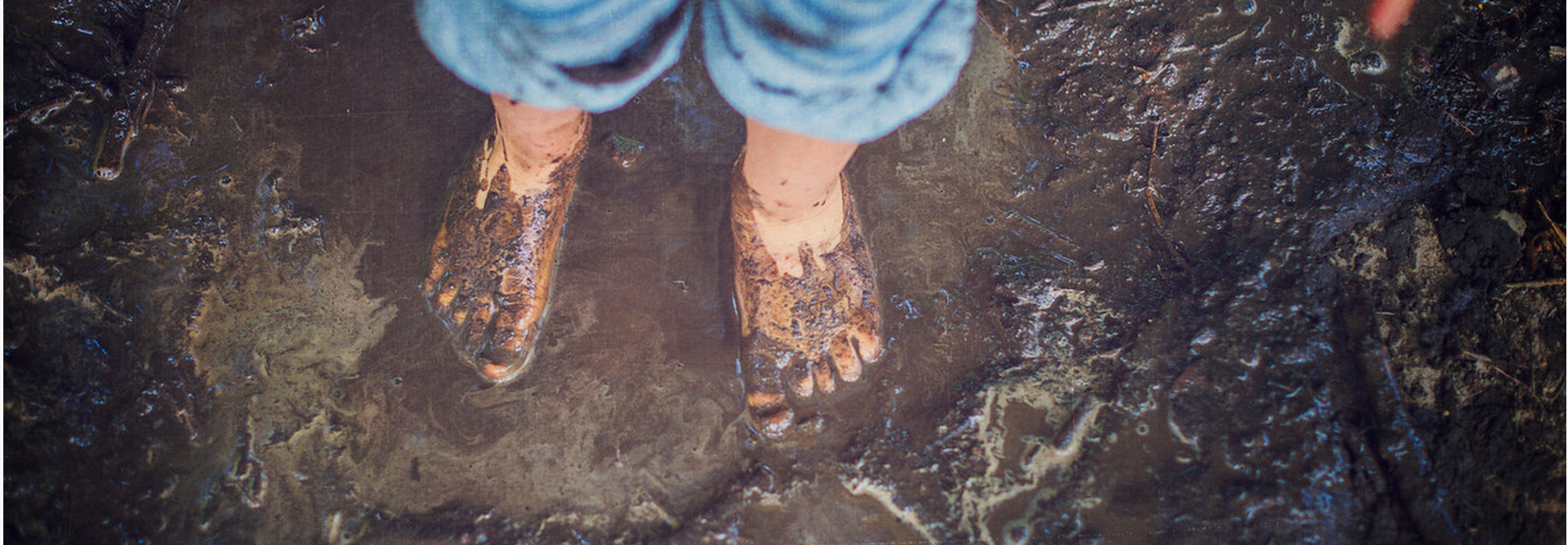Appreciate a Teacher
-
Age: 3 to 8+
-
Time: <30 min
-
Materials: various
- Skills: Creativity, Fine Motor, Sensory, Empathy
Gratitude Expression Activity for Kids
In celebration of Teacher Appreciation Week, May 3rd-7th, we share five sweet ways to thank the educators and teachers in your child's life. This activity is featured in our free May Activities Calendar. Don't have your copy yet? Just go to tinkergarten.com/calendar today!
The Guide
- Who are our teachers? Whether or not your child is enrolled in what people refer to as "formal schooling," they learn from so many people. Elders, siblings, neighbors and teachers of all kinds in all sorts of settings help our kids learn. Have fun making a list of all of the teachers your kids have in their lives and talk about what they learn from them.
- Ask Kids: Chat with your child about their teacher. Ask questions like:
- “What are our favorite things to do with <<teacher's name>>?”
- "What do you like most about <<teacher's name>>?"
- “What does <<teacher's name>> do that you think helps kids/makes you smile?”
- Wonder Together: “What do you think <<teacher's name>> would really like? What might make them smile?” Sometimes after spending time with a teacher, kids will know what their favorite things are. Sometimes they might not. But, just asking what might make someone else smile or feel happy is a great way to help kids develop cognitive empathy.
- Brainstorm: “How could we thank your teacher for all that they do?” “What are some ways that we can thank people?” Entertain all kids' ideas, but introduce some of your own. Here are some of our favorites:
Idea 1: A Thank You card.
- Create a card: You can simply take paper (watercolor paper is extra lovely) and fold or attach two sheets together to make a card.
- Decorate the card: Follow the directions on our Un-recipe for Paint activity to welcome kids to turn natural objects (flowers, earth, berries, spices) into natural paints. This alone is a super engaging activity that promotes creativity, problem solving and sensory development.
Idea 2: A Thank You Sign!
- Create a sign: Grab a poster, large piece of paper or even an old bed sheet or piece of cloth.
- Decorate the card/sign: Follow the directions on our Un-recipe for Paint activity to welcome kids to turn natural objects (flowers, earth, berries, spices) into natural paints. This alone is a super engaging activity that promotes creativity, problem solving and sensory development.
- Photograph the sign: Take a photograph of you and the kids holding the sign or card and share it with your teacher either by printing it out or sending it via email. Share it with friends, too—the more we share our love for teachers, the more everyone wins!
Idea 3: Kids' own words.
- As an educator, nothing moves me more than when I hear about my impact in kids' own words. Consider either writing your child's own words in the card to their teacher. Or, if you're up for it, record them telling you (in audio or video) and emailing the footage to your child's teacher. They will likely melt to hear or see your child's reflections on their work!
Idea 4: Make a cake!
- Get some inspiration: Watch this video read aloud of Apple Cake by Dawn Casey.
- Bake something: Make something delicious (and filled with love) for your teacher. Deliver it together. Depending on how safe your community is feeling with respect to health and safety, it may help to make sure your teacher knows that they can "eat" it later—just in case sharing food still makes them uncomfortable. To your child, it is the thought and care that counts!
Idea 5: A Grown Up note
- Take a minute to write down a story or two or three of things you've noticed that your child has learned or has shared with you about their experience with their teacher. Share that with your child's teacher along with your thanks for the time, care and expertise they put into their work each day!
Want inspiration? Check out this sweet video of Tinkergarten explorers telling their Leaders why they are grateful for them!
Why is this activity great for kids?
Thanking our teachers is a powerful way to reinforce how important education is in our families, our communities and our lives—a super way to grow lifelong learners! Feeling thankful and taking action to express one’s thanks are not only positive habits, but they are ways to build a gratitude practice. And, science shows that people who make noticing, feeling and showing gratitude a part of their daily routine get better sleep, feel more positive emotions and an increased sense of vitality, express more compassion and kindness, and may even have stronger immune systems. Who wants to wait to start building that in for our kids (and even ourselves)?!



